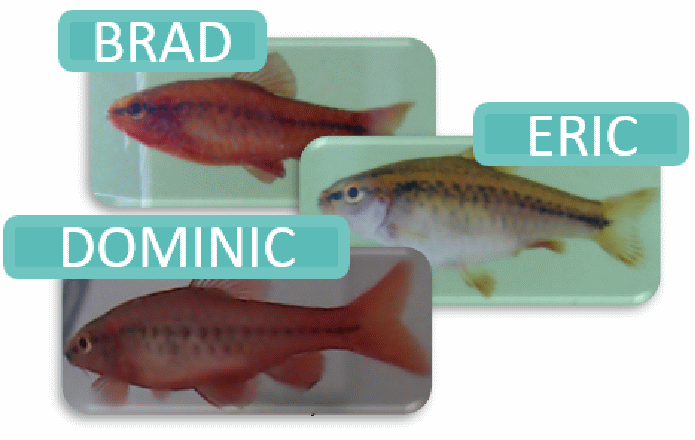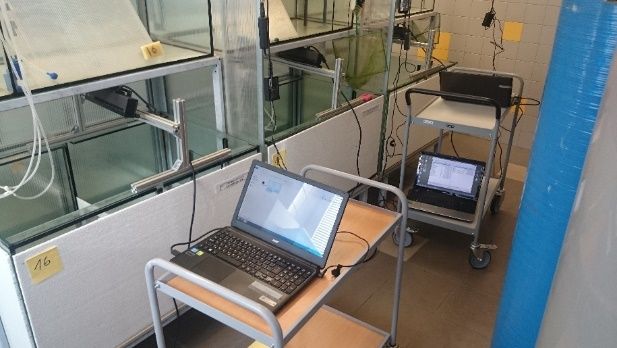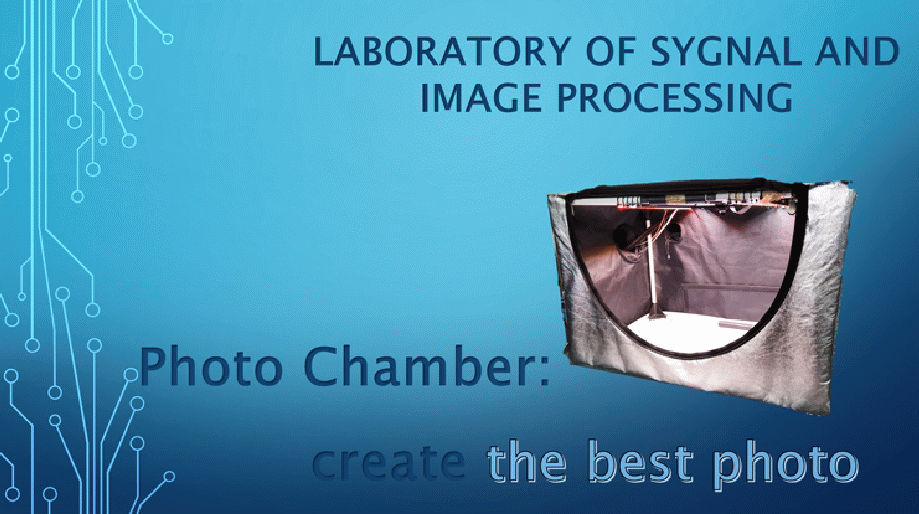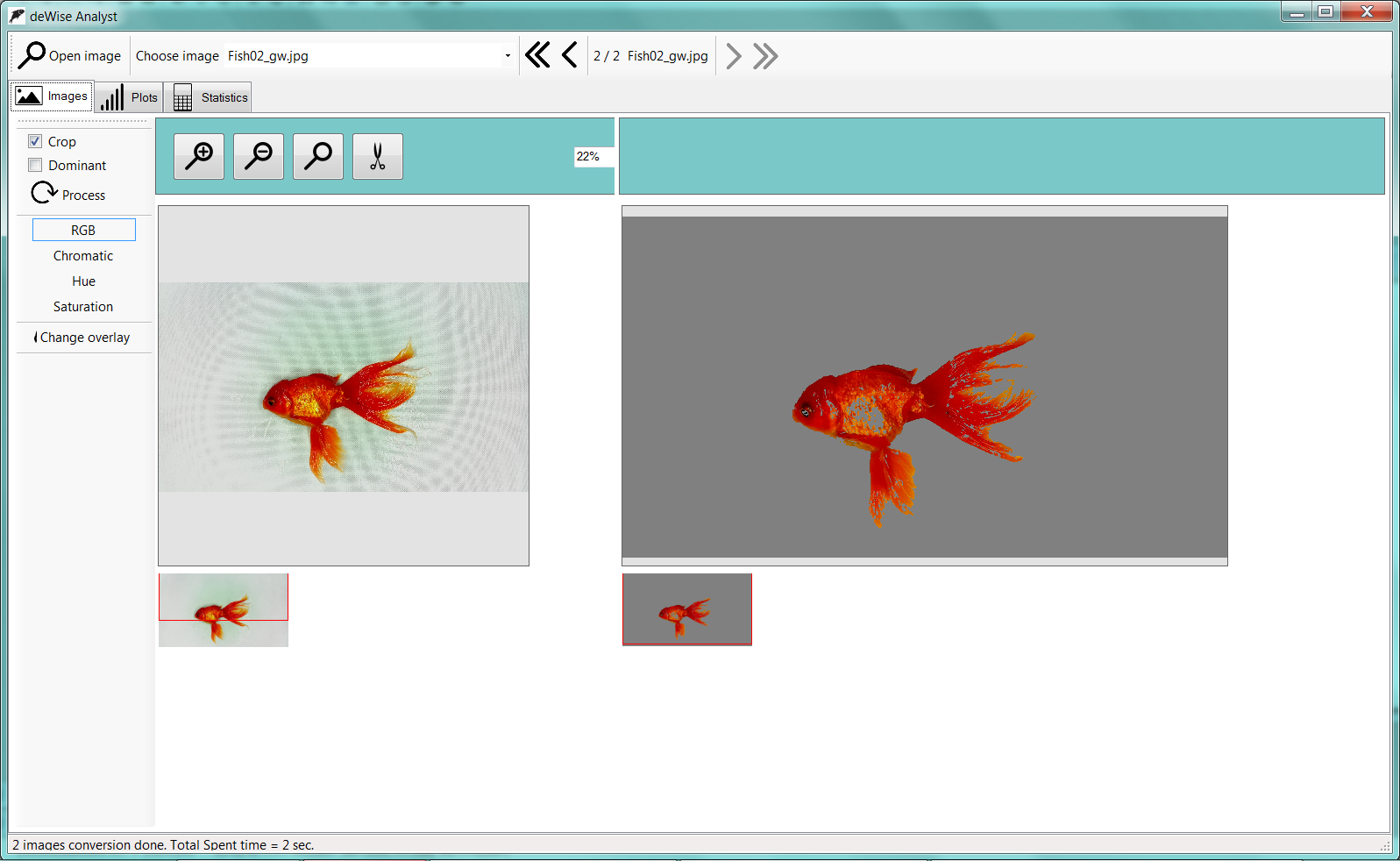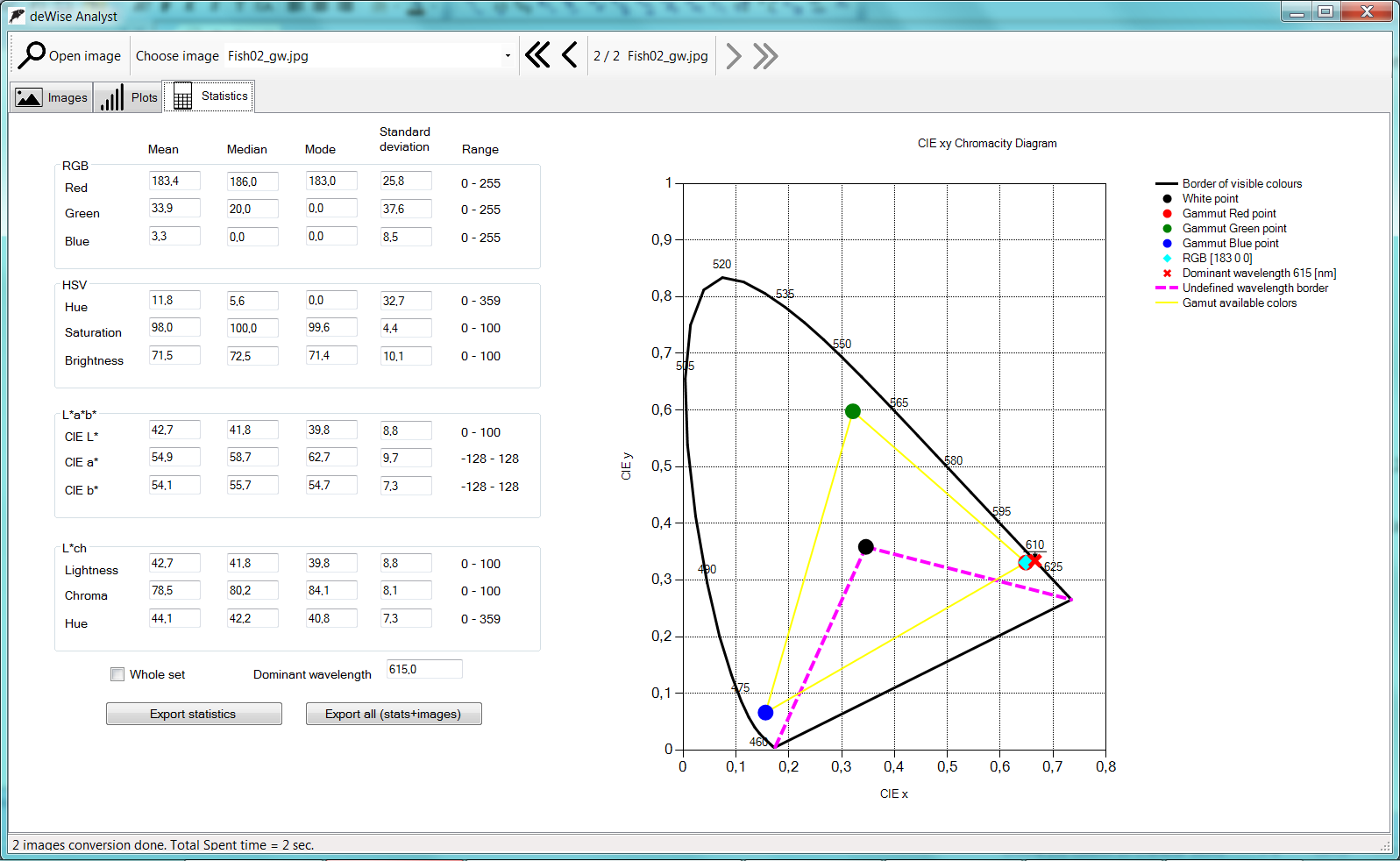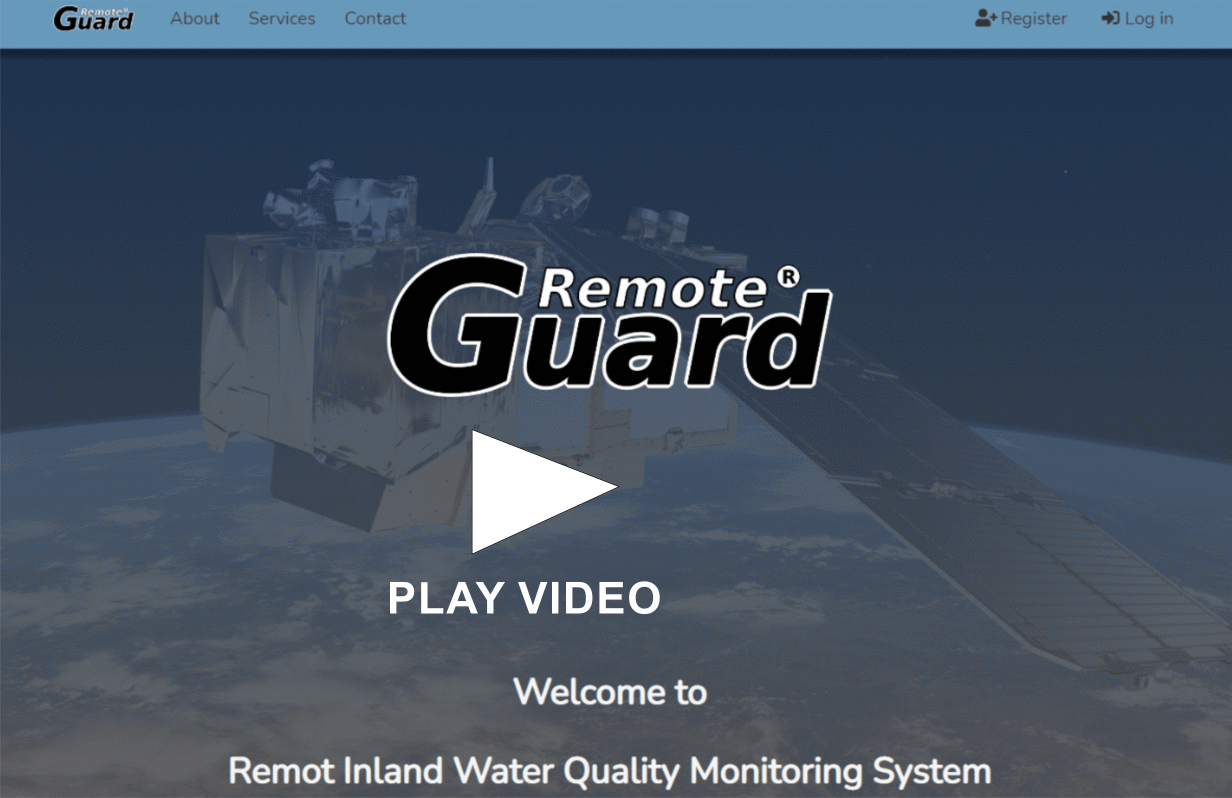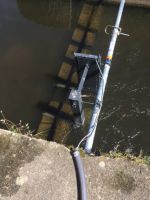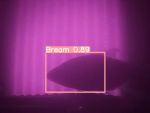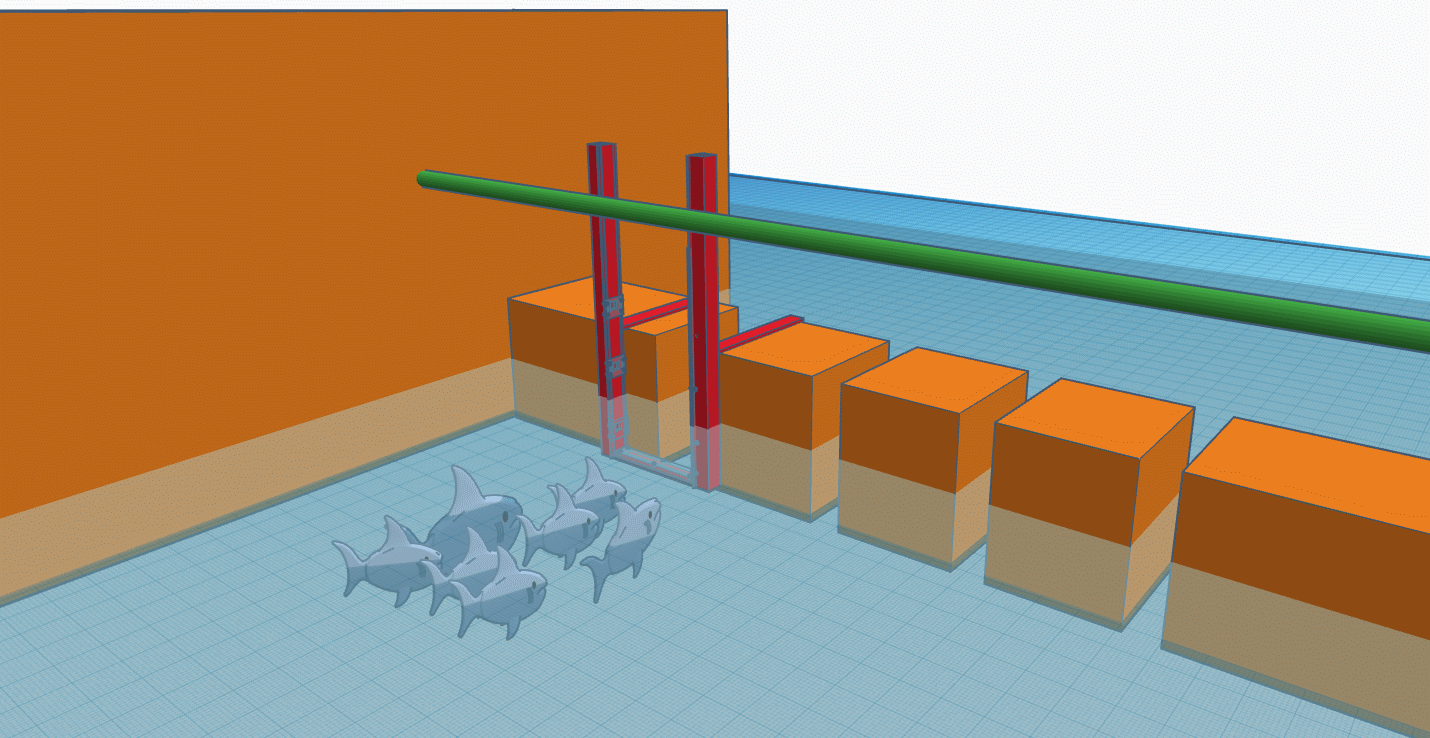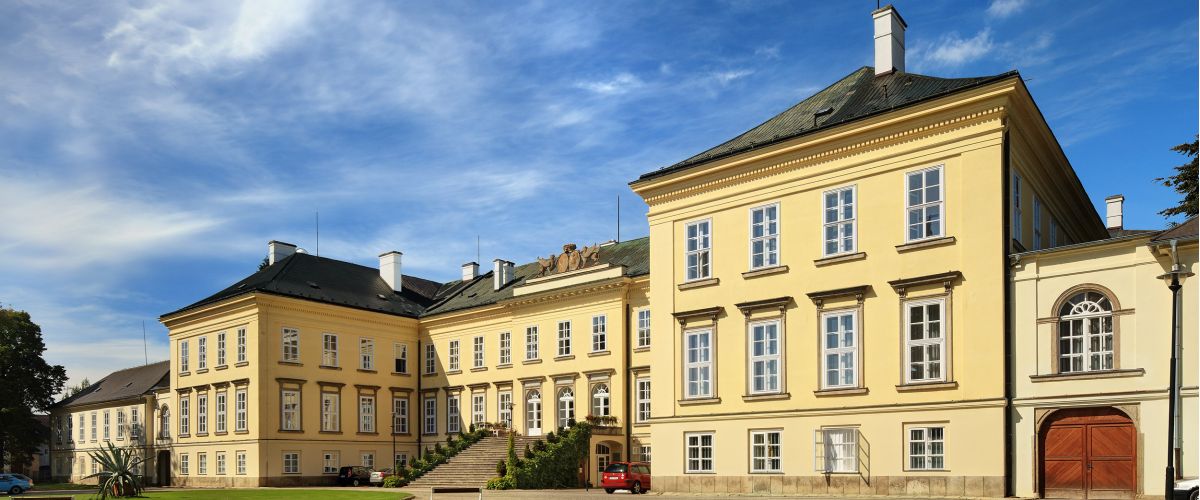
Institute of complex systems
Institute of complex systems was established as one of the four institutes of the faculty in 2012.The main aim of the institute is the research in the field complex systems and creation of the closed loop cycle from the experiment design over experimentrealization, data processing and analysis till the data management.
Laboratory of signal and image processing
The laboratory is focused the application of modern hardware and software technologies into the aquaculture and protection of waters. We develop imaging systems for fish, crayfish, and other water related animals monitoring with the focus on low cost/real time solutions. We implement the methods for data/image processing to analyse animal appearance, behaviour or to count them with current focus on artificial intelligence.
Our main aim is to introduce the idea of automation (industry 4.0) into aquaculture sector to support aquatic organisms’ production together with the strengthening the welfare and water protection. The automation of processes by machines can provide higher competitiveness and the introduction of remote sensing/non-invasive technologies help to improve the welfare.
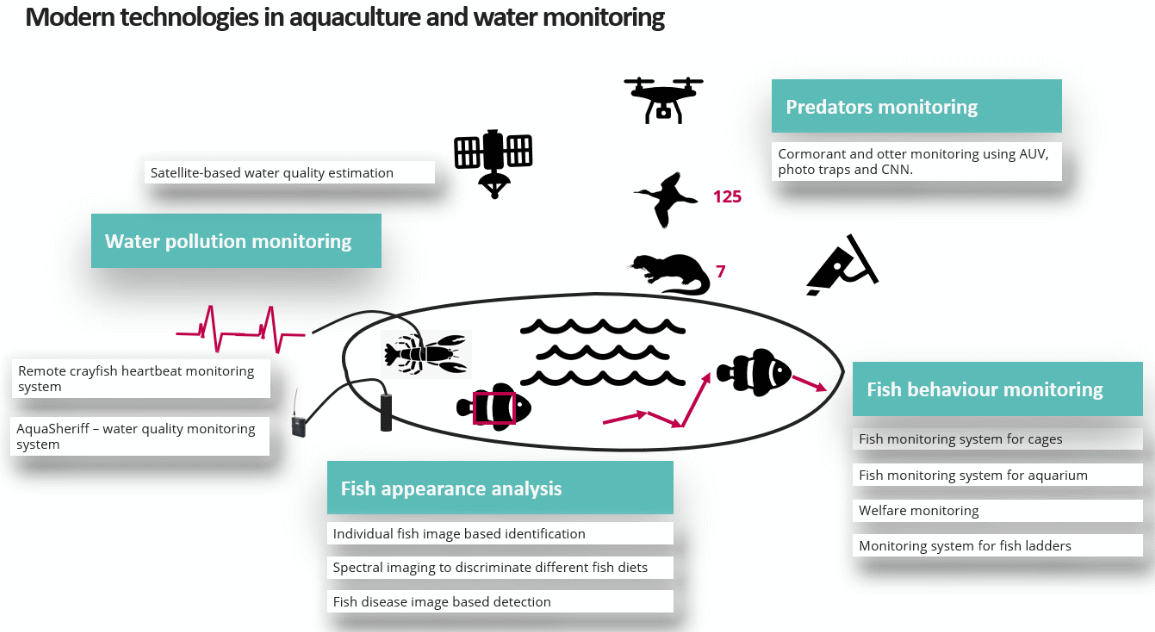
Key activities:
- Development of fish imaging systems
- Aquatic animals’ behaviour monitoring - welfare
- Individual image-based fish identification
- Fish coloration analysis
- Remote water quality monitoring
- Fish disease image-based detection
We offer zero-cost collaboration through the open access to our services and infrastructure.
Key projects:
Individual image based fish identification
The project aim is to substitute invasive fish tagging by non-invasive individual fish identification based on fish appearance. We already tested that fish skin patter can be used for individual identification under laboratory conditions for salmon, carp, sea bass, rainbow trout and Sumatra barb. The next step is to implement out method for under the real conditions to be useful in tanks and cages
Fish ethological study
Fish behaviour reflects the fish state. If we are able to monitor changes in behaviour or difference between behaviour of fish group, we can explore the changes of fish state. The series of projects is focused on the automatized fish behaviour parametrization of the fish influenced by nano particles, drugs or change of welfare. You can design your ethological study and we can automatically describe behaviour of your fish.
Fish skin color measurements
The photographical chamber offers the illumination of the fish in visible or near infrared light on standardized background. Included camera is controlled by the microcomputer and providing self-calibration of the white balance. The captured series of image could by evaluated by associated software. There are no needs for user given parameters. The basic statistical properties of the color distribution over the fish body are evaluated for wide range of color reprezentations. The advantages are the camera self-calibration, possibility of measuring wet surfaces, automatic segmentation and evaluation.
Water quality by remote sensing
Inland water bodies (ponds, reservoirs) quality is critical for fish cultivation and for use of water bodies by the public. The standard water quality analysis is based on the water sampling and laboratory analysis which is timely and costly. We developed the system for estimation of basic (chlorophyl A) parameters from freely available satellite images. The user can select the pond and the date and the system estimates needed parameters in the case of available satellite image.
Monitoring of fish ladder
Fish ladders are structures on barriers in rivers to help fish natural migration. We developed a technology to monitor the passing fish via infrared light and camera systems. The research is focused on answering the questions, how the ladders are working, what kind and amount of fish are passing. To answer such questions we are using neural network for detection and classification.
Staff and contacts
